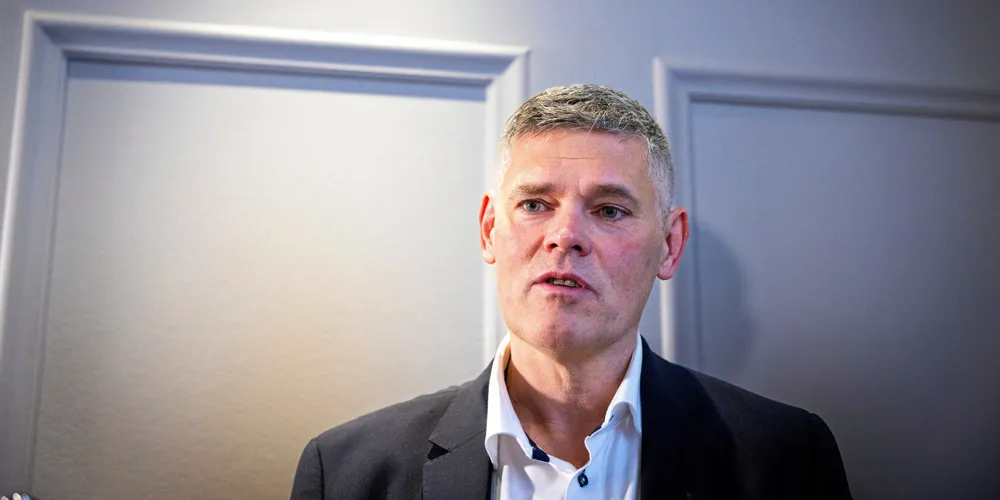‘Mixed results’: SalMar earnings up despite challenges with salmon health
SalMar became the world’s second largest salmon farmer in 2022 through its series of mergers and acquisitions with NTS.

SalMar became the world’s second largest salmon farmer in 2022 through its series of mergers and acquisitions with NTS.
